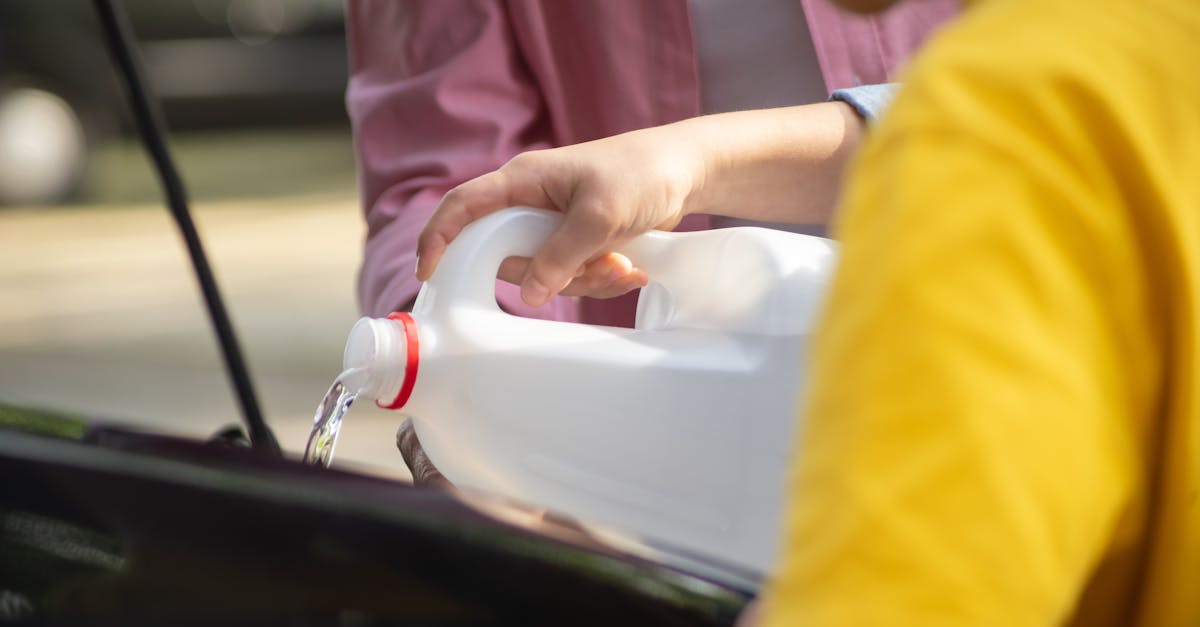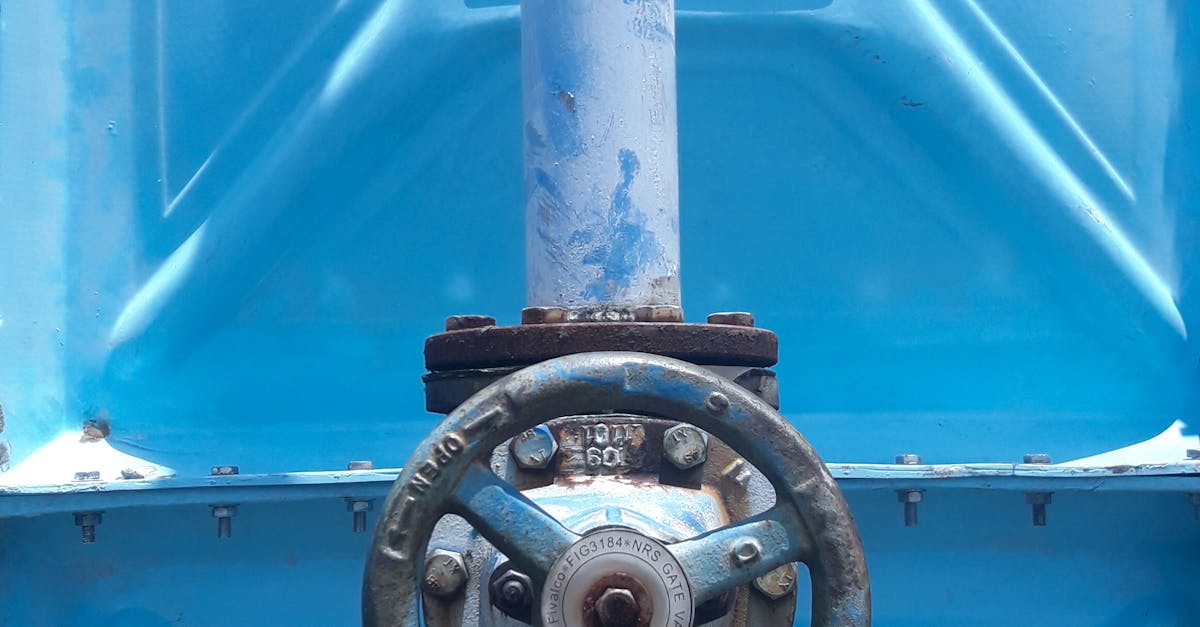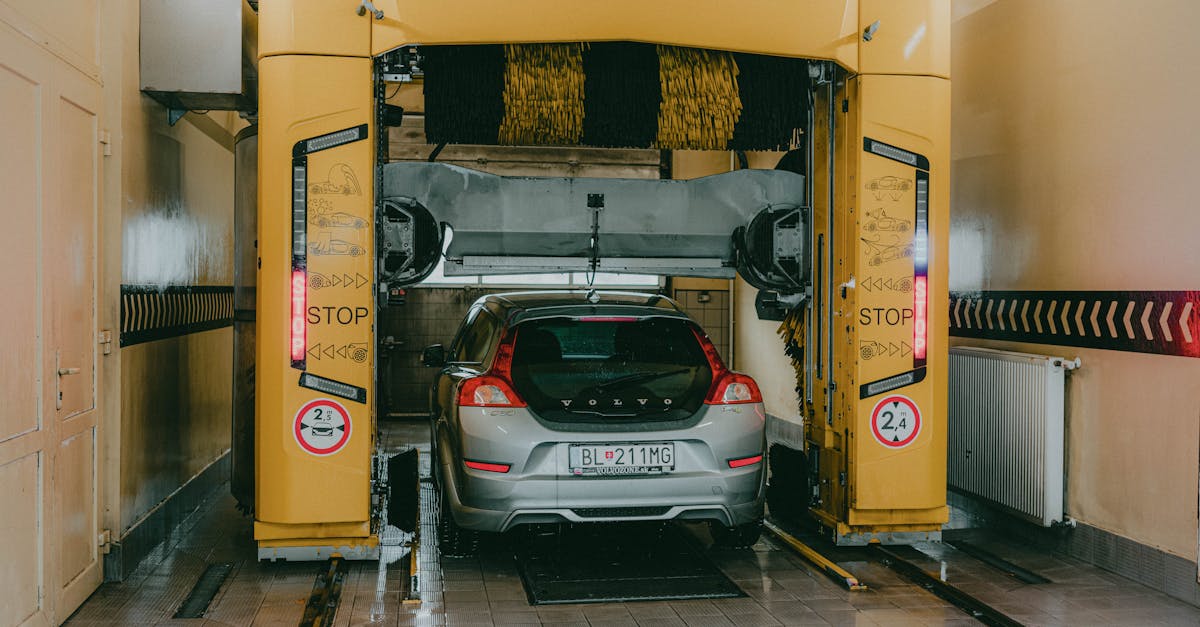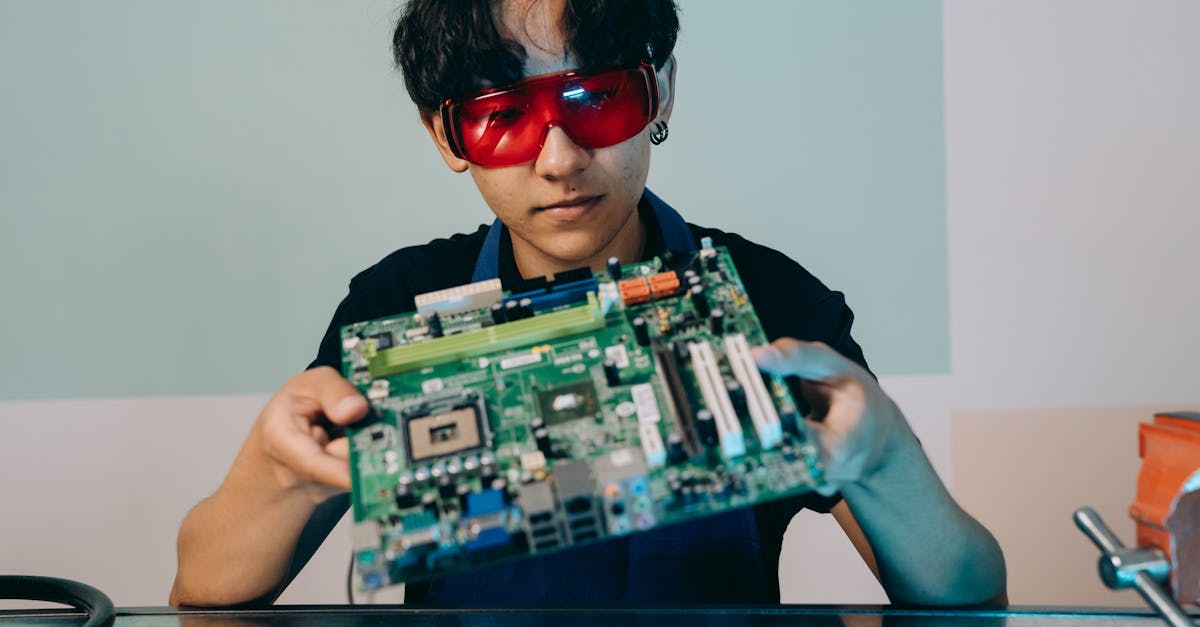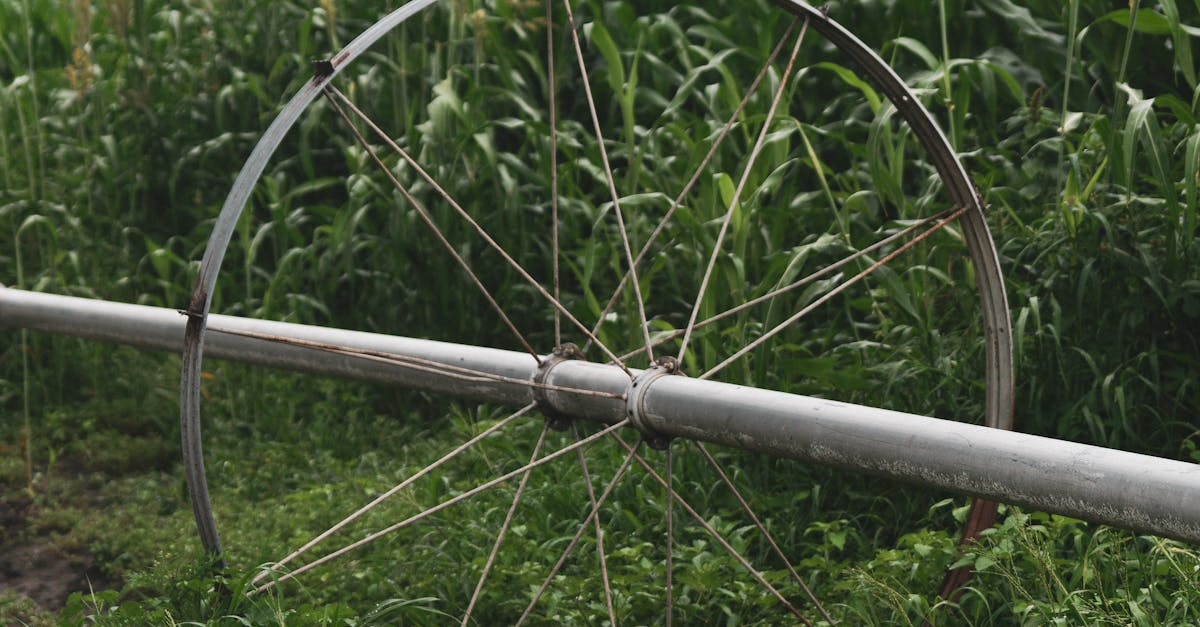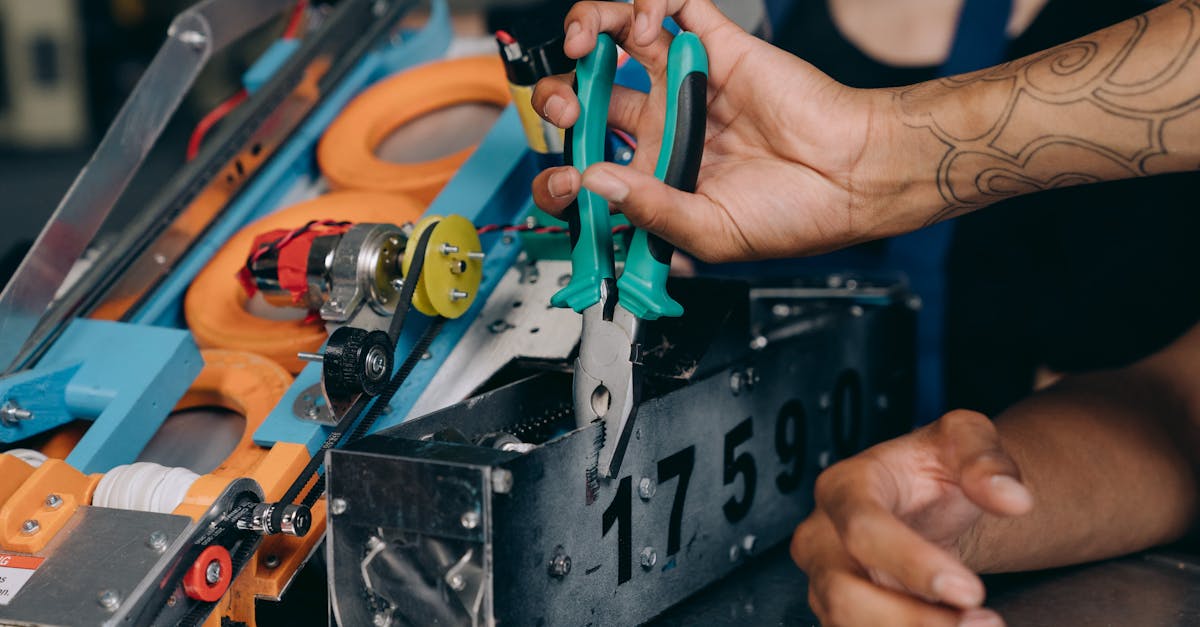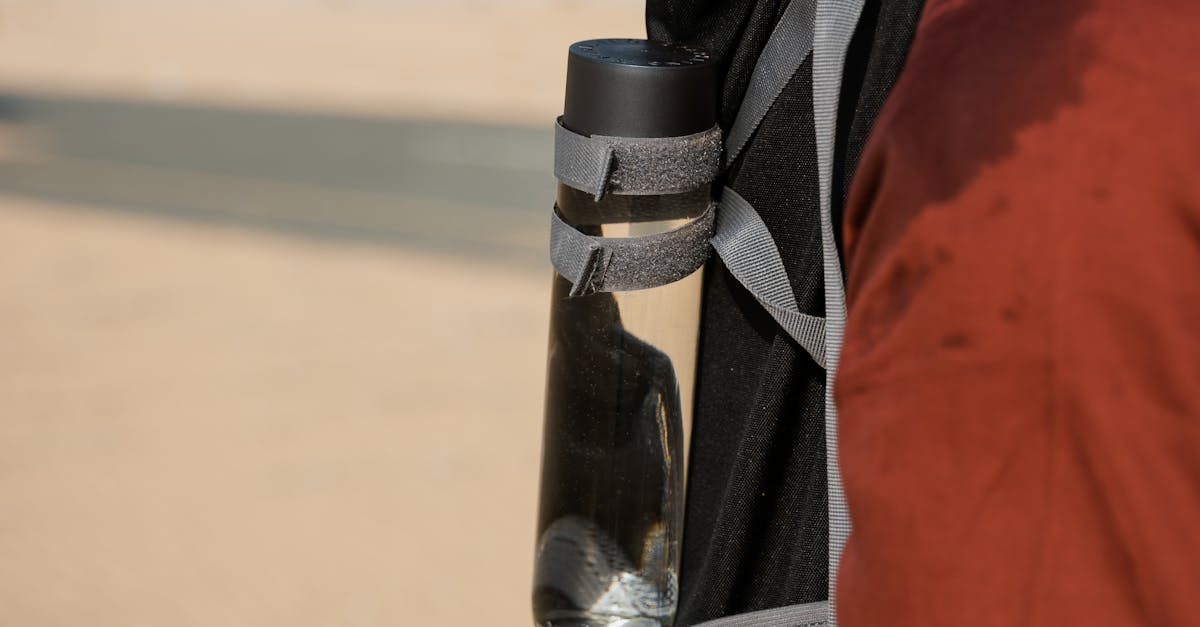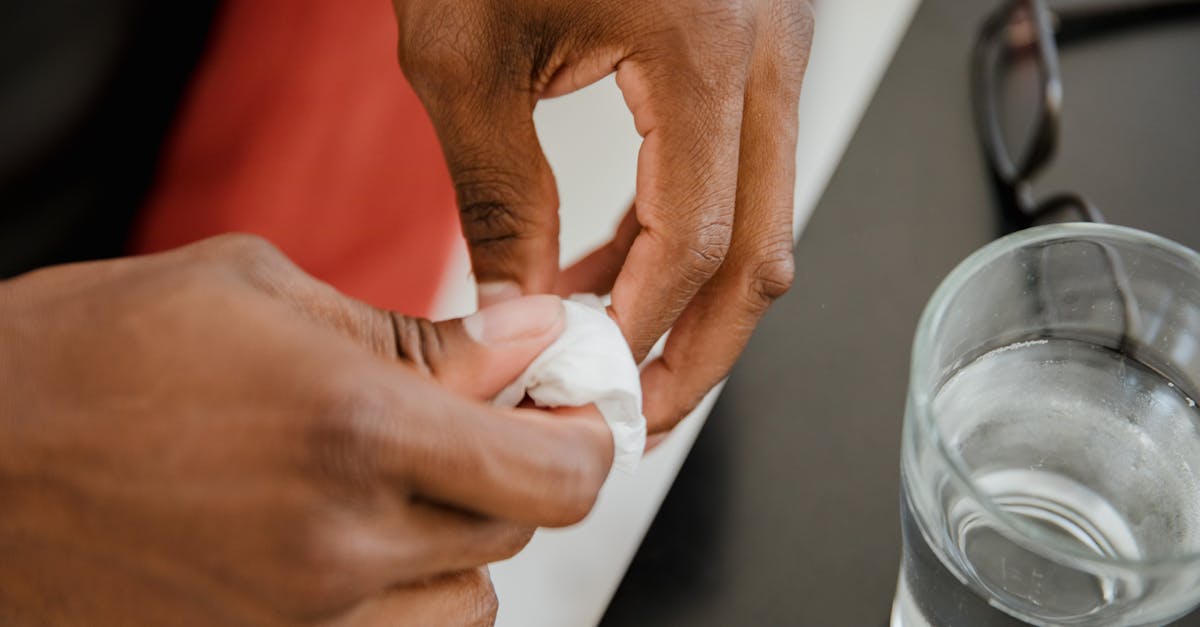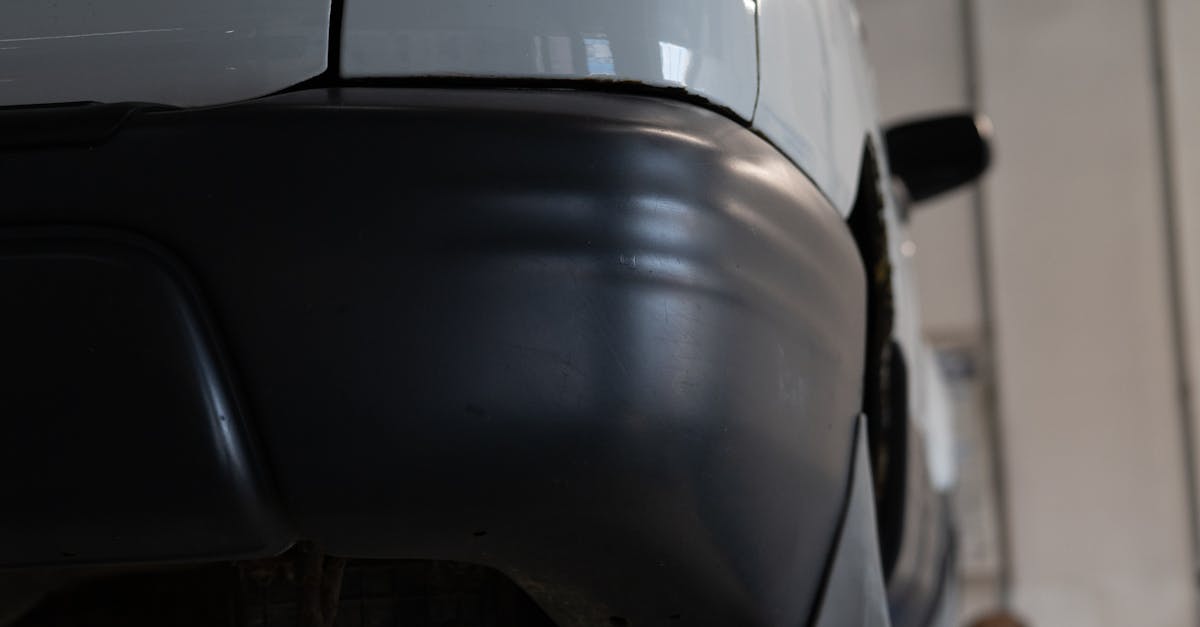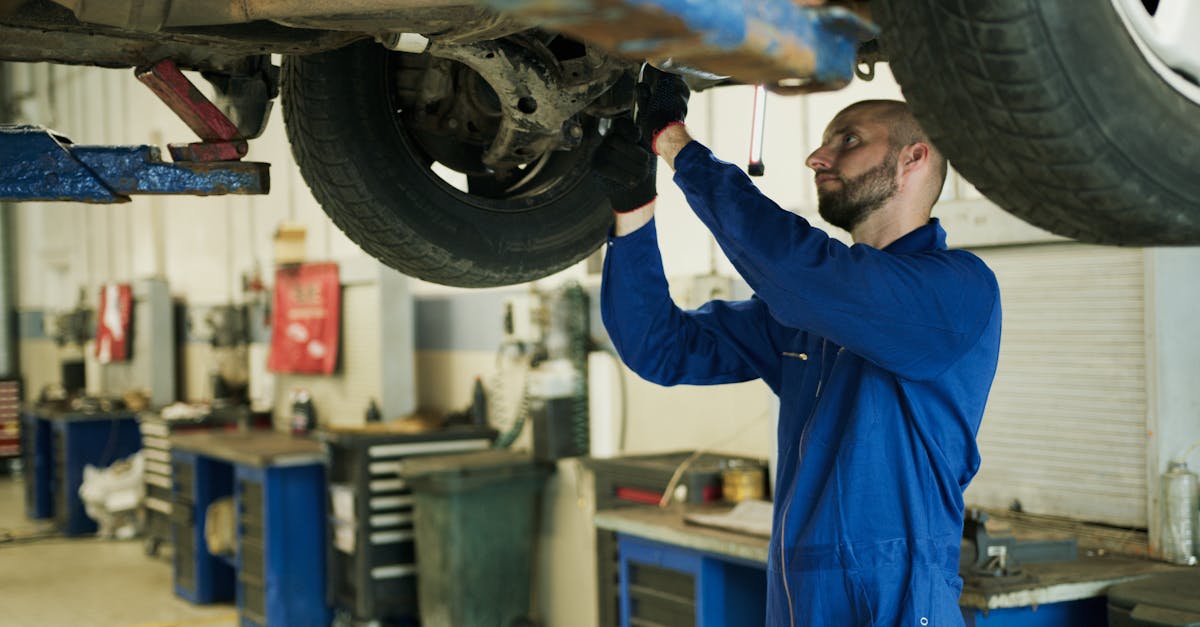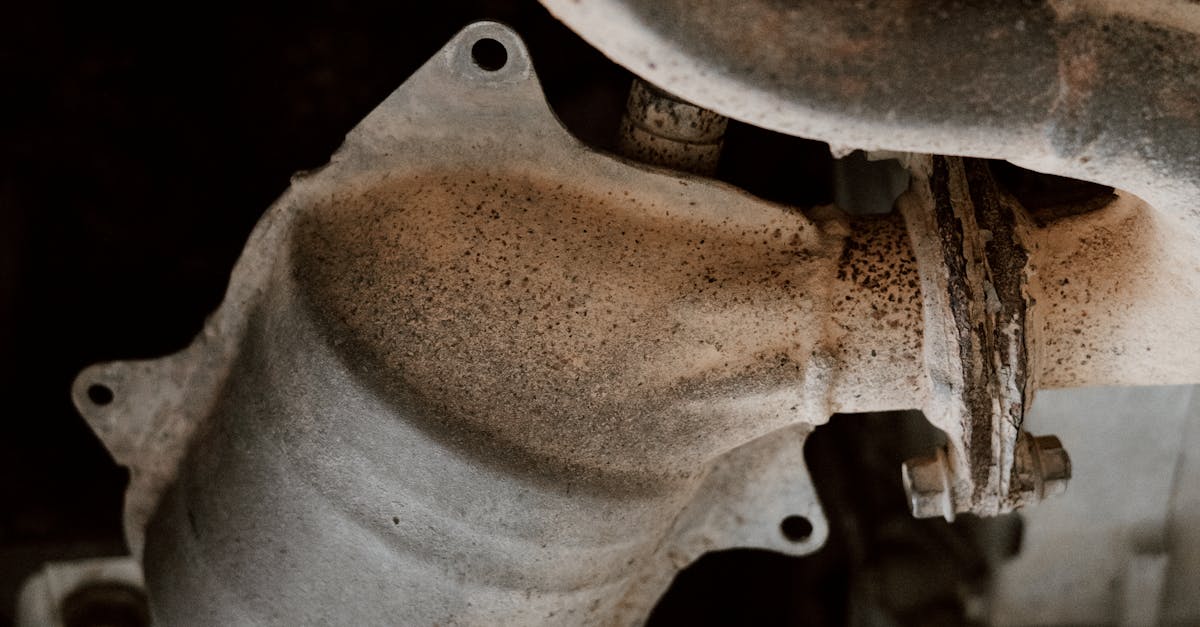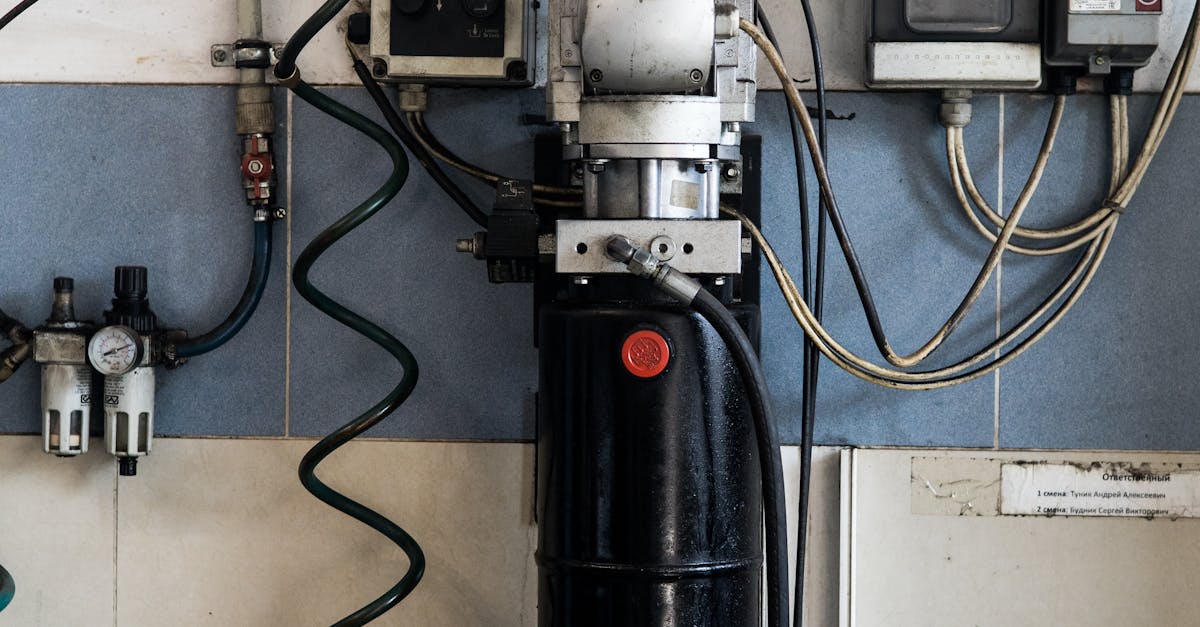
Table Of Contents
Electric Water Heater Failures
Electric water heaters can experience several common failures that impact their performance. One frequent issue involves the heating elements, which may burn out over time. As these elements degrade, the water may not reach the desired temperature, leading to lukewarm or cold showers. Additionally, problems with the thermostat can cause incorrect readings, further complicating the heating process.
Another significant concern for electric water heaters is sediment buildup in the tank. Over time, minerals from hard water can accumulate, affecting efficiency and leading to possible overheating. This sediment can also obstruct the heating elements, making it essential to perform regular maintenance. If a problem arises, prompt action can prevent more serious issues. Hot Water System repair services can help address these failures effectively, ensuring reliable hot water access.
Troubleshooting Electrical Issues
When dealing with electrical issues in an electric water heater, the first step is to check the power source. Ensure that the unit is properly connected and that the circuit breaker has not tripped. A blown fuse or faulty wiring can lead to a complete lack of power. If there is still no power, examining the thermostat and heating elements may be necessary, as these components often wear out over time. If repairs go beyond simple troubleshooting, seeking professional assistance for Hot Water System repair is advisable.
Another common electrical problem involves the thermostat malfunctioning, which can lead to irregular water heating. A malfunctioning thermostat can cause the water to be too hot or not hot enough. Testing the thermostat's settings and functionality is important before considering replacement parts. Regular inspections can prevent these issues, ensuring the unit operates efficiently. For persistent problems, a licensed technician should be consulted to carry out the necessary Hot Water System repair and ensure long-term reliability.
Gas Water Heater Common Problems
Gas water heaters can experience a range of common issues that affect their efficiency and performance. One frequent problem is the buildup of sediment in the tank, which can impede heating and reduce the overall hot water supply. Additionally, the pilot light may extinguish unexpectedly, preventing the heater from igniting. These issues often require prompt attention to maintain the functionality of the water heater.
Another consideration is the proper functioning of the gas valve and thermostat. A faulty thermostat can lead to inconsistent water temperatures, causing discomfort during use. It is crucial to address these problems timely, as neglecting them may lead to more significant repairs or even the need for a complete hot water system repair. Regular maintenance can help prevent these common issues from escalating.
Safety Concerns with Gas Units
Gas water heaters, while efficient, come with inherent safety concerns that must be addressed. One primary issue is the risk of gas leaks, which can lead to explosions or fires if not detected and managed properly. Regular maintenance is essential to ensure that all connections are secure and that there are no signs of wear. Homeowners should also be vigilant for any unusual smells or sounds coming from the unit, as these could indicate a dangerous situation that requires immediate attention.
In addition to gas leaks, proper ventilation is crucial for gas water heaters. Without adequate airflow, harmful carbon monoxide can build up inside the home. Regular inspections of the venting system are advisable to prevent any blockages or failures. If issues arise, seeking Hot Water System repair from qualified professionals is vital to restore safety and functionality. Taking these precautions can significantly reduce risks associated with gas appliances in the home.
Leaks and Water Damage
Leaks in water heaters can lead to significant water damage if not addressed promptly. Common causes include faulty temperature and pressure relief valves, corroded tanks, or loose fittings. Assessing the area around the heater can help in identifying any signs of moisture, which might indicate a leak. When leaks are detected, it is essential to shut off the water supply and call for professional assistance to prevent further damage.
Water damage from leaks can extend beyond the water heater itself, affecting flooring, walls, and insulations. It is vital to act quickly to minimize damage and ensure a proper response like Hot Water System repair. Ignoring leaks may lead to mold growth or structural issues. Homeowners should routinely check their water heaters to catch potential issues before they escalate, reducing the likelihood of costly repairs later.
Finding the Source of Leaks
Identifying the source of leaks in a water heater can be challenging, yet it is essential for effective hot water system repair. Start by examining the area around the base of the unit. Often, leaks originate from the valve connections or the drain valve. Any dampness or pooling water is a sign to investigate further. Look for signs of corrosion or deterioration on metal components, which can indicate more severe issues that need immediate attention.
Next, check the hot water supply lines along with the cold water inlet. Pipe fittings and connections can wear out over time, leading to leaks. If the leak is not immediately visible, it is advisable to inspect the insulation around the pipes for damp spots. Utilizing a flashlight can help reveal hidden leaks. Early detection not only curtails potential water damage but also allows for timely hot water system repair, which can save both time and money in the long run.
FAQS
What are the most common failures in electric water heaters?
The most common failures in electric water heaters include issues with the heating elements, thermostat malfunctions, and electrical connection problems.
How can I troubleshoot electrical issues with my water heater?
You can troubleshoot electrical issues by checking the circuit breaker, inspecting the thermostat settings, and testing the heating elements with a multimeter to ensure they are functioning properly.
What are some typical problems associated with gas water heaters?
Typical problems with gas water heaters include pilot light failures, gas valve malfunctions, and burner issues, which can affect the unit's ability to heat water.
What safety concerns should I be aware of with gas water heaters?
Safety concerns with gas water heaters include gas leaks, carbon monoxide emissions, and potential explosions if the unit is not properly maintained or if there are issues with ventilation.
How can I find the source of leaks in my water heater?
To find the source of leaks, inspect the tank for corrosion or damage, check the fittings and connections for tightness, and look for leaks in the pipes leading to and from the unit.


